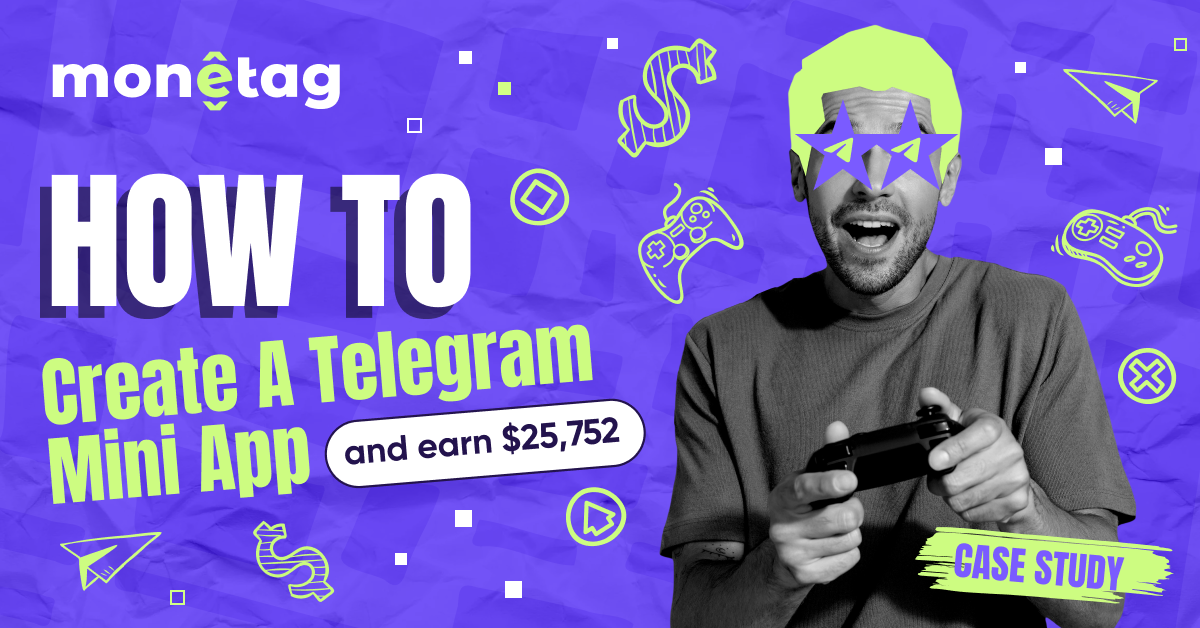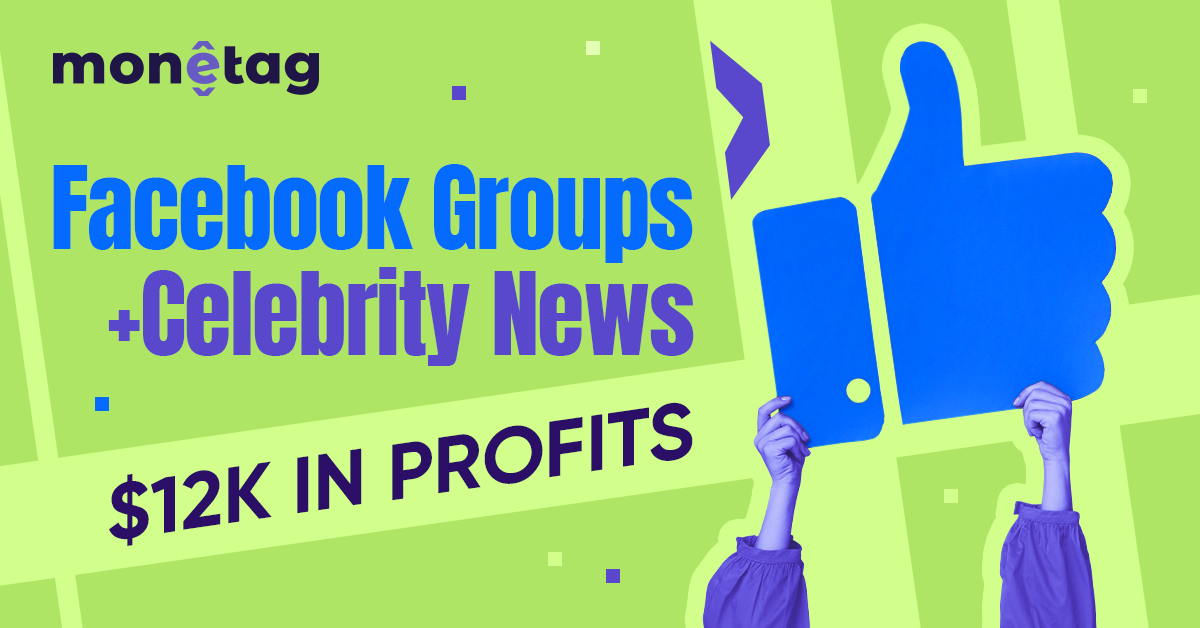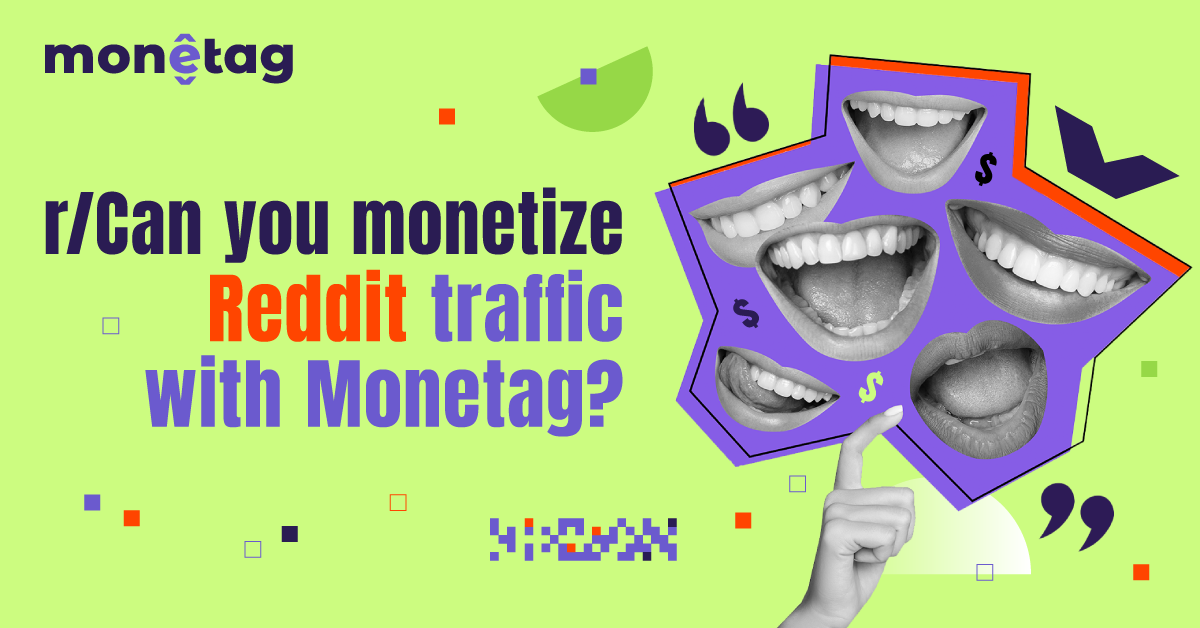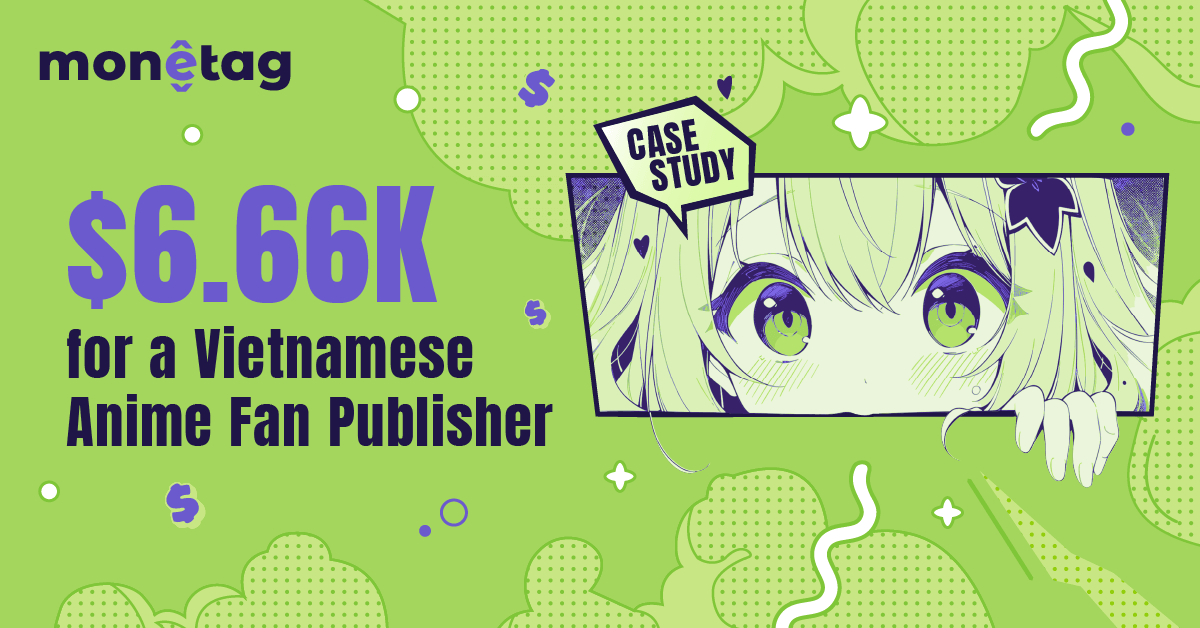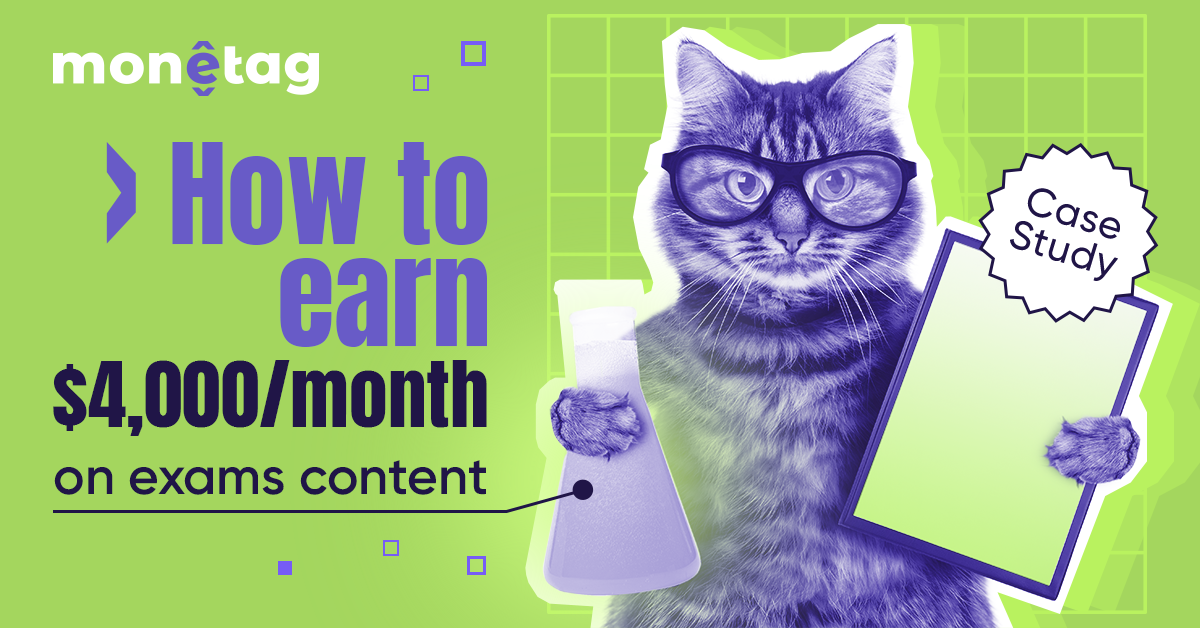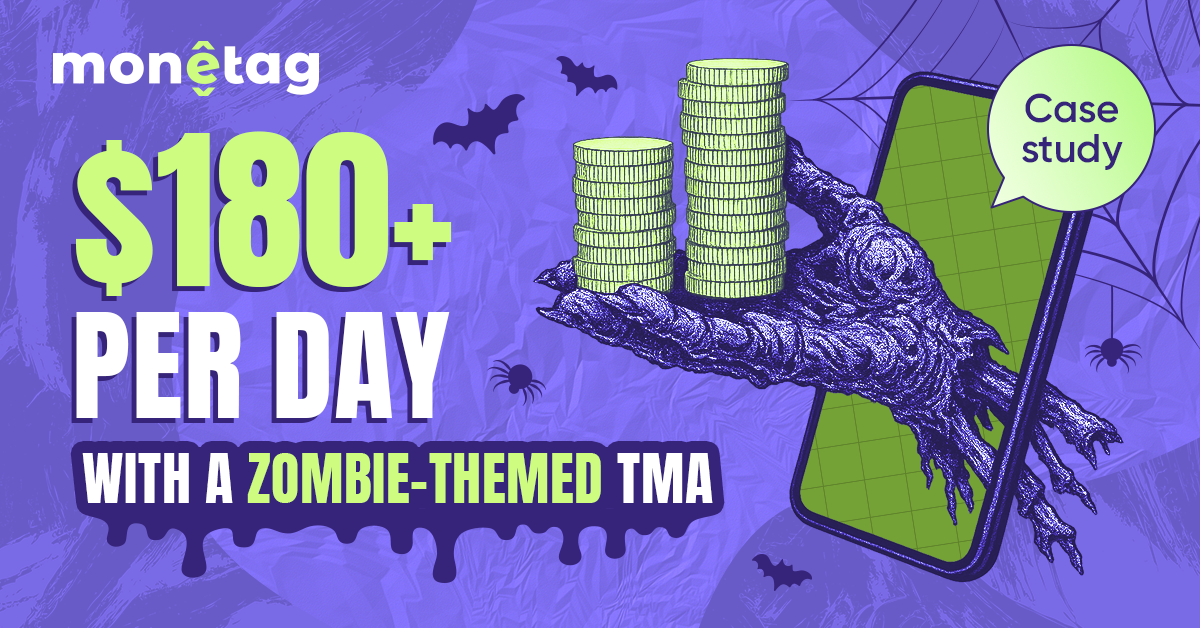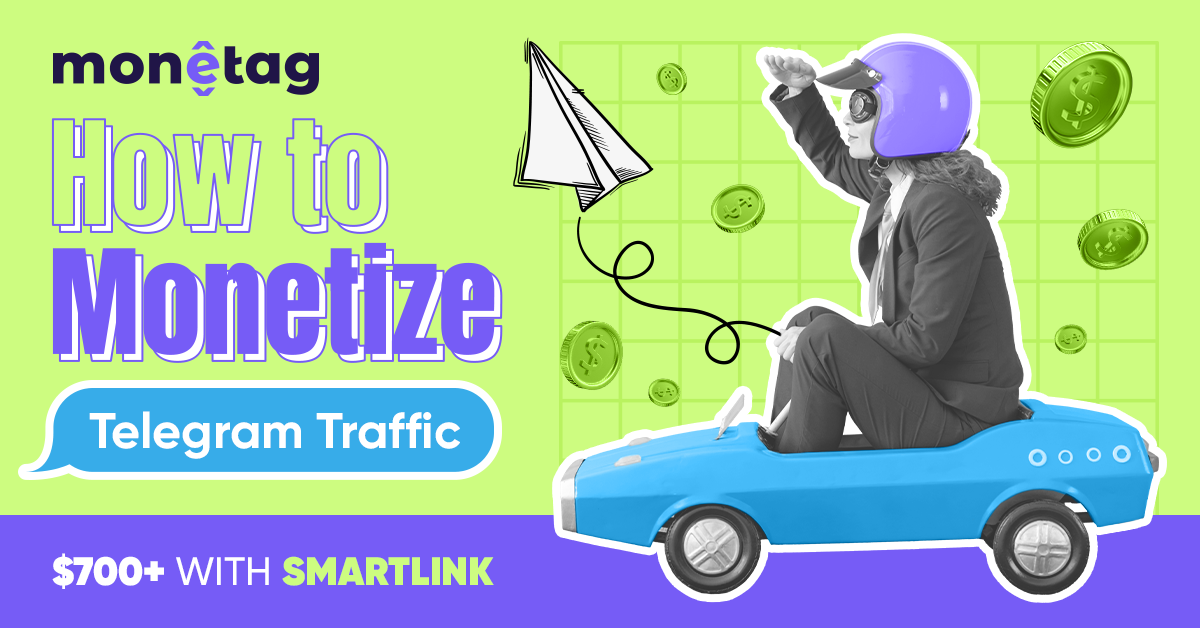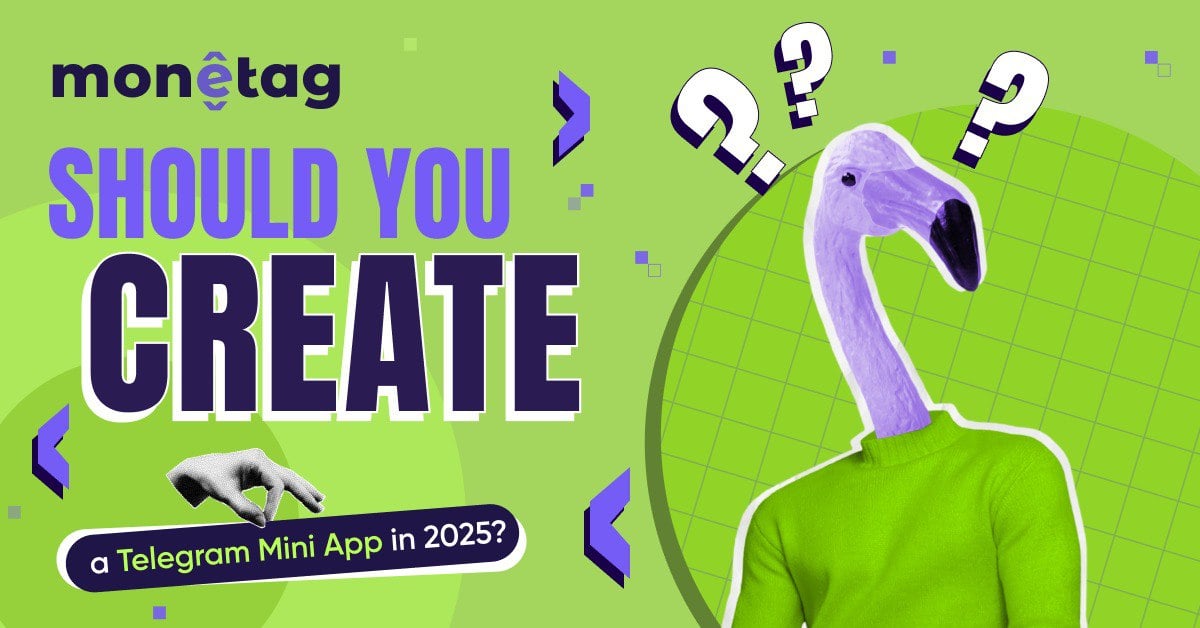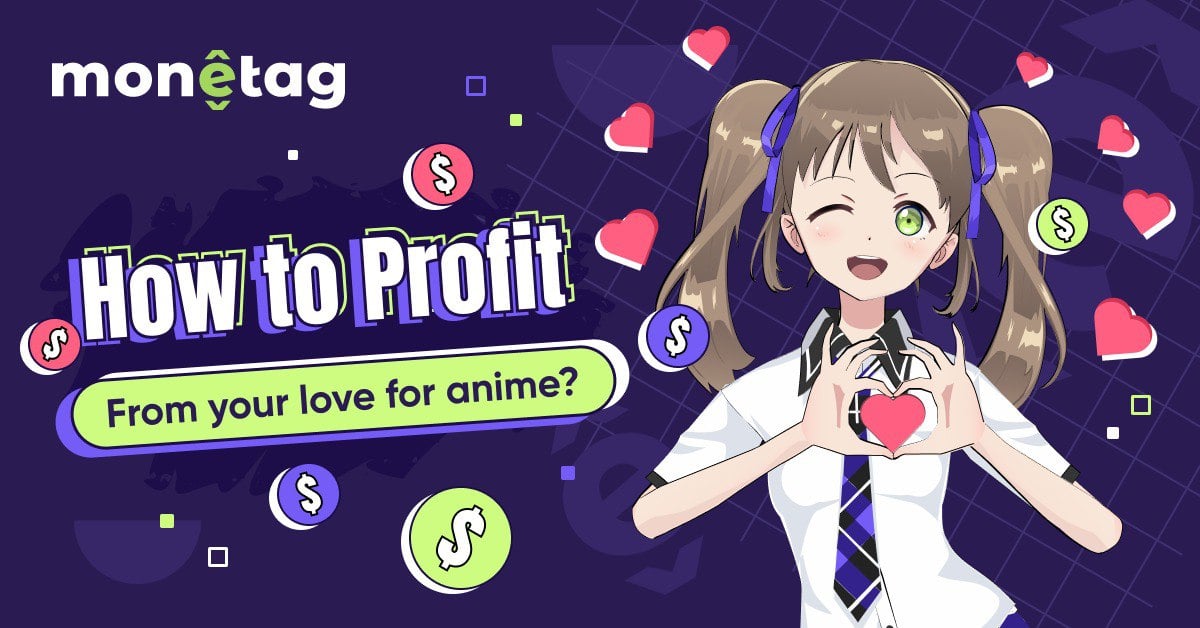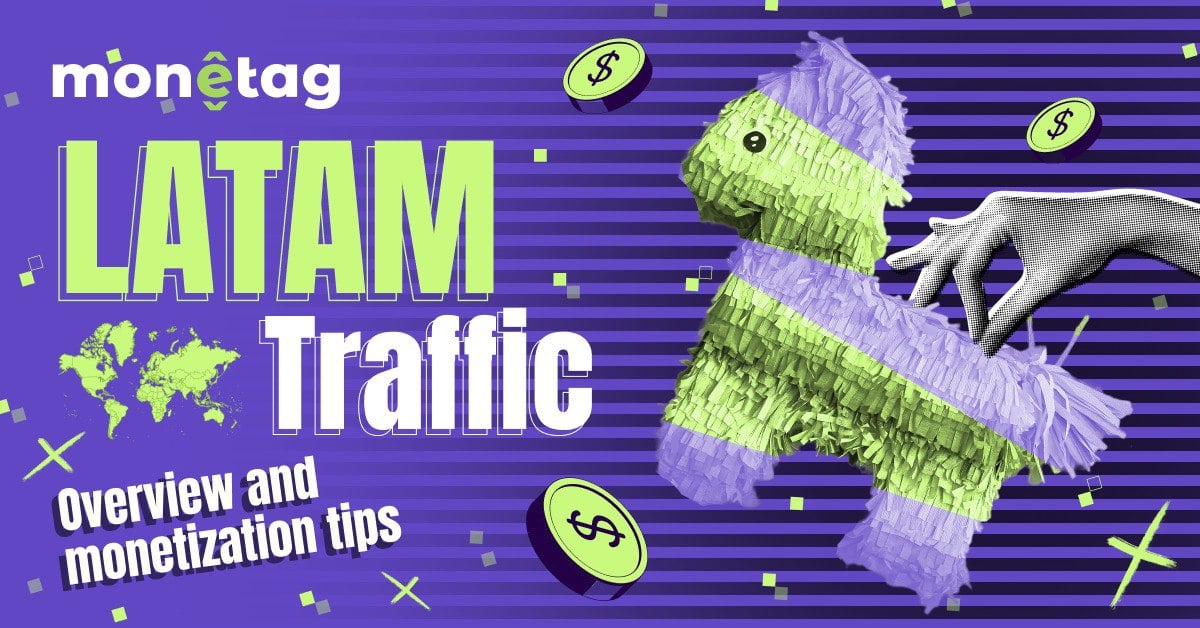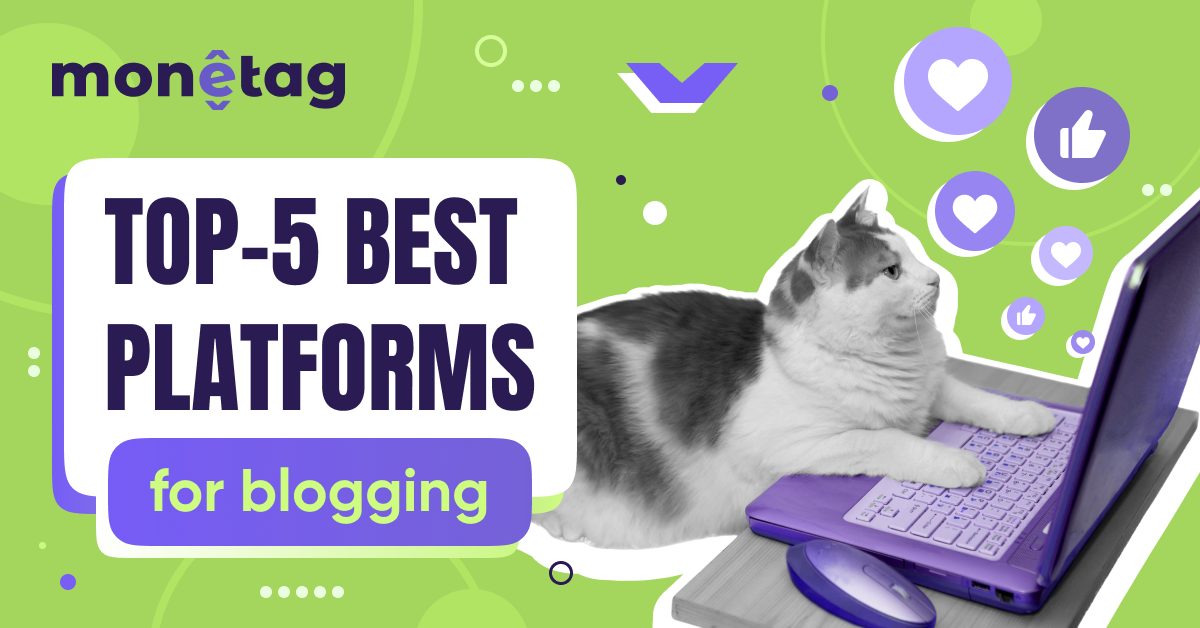How Fandom Identity Drives Revenue and Why Communities Print Money
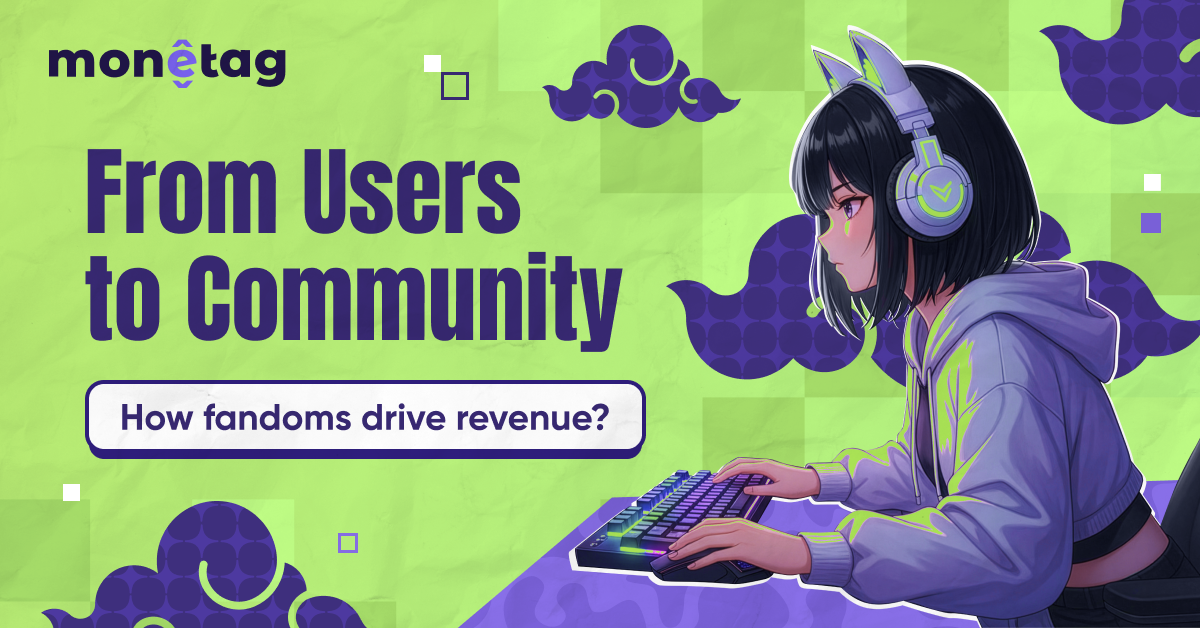
When people show up not only for your website content, but also for each other, things get different and much easier. Community traffic monetization is different – stickier, recommendations hit harder, and overall monetizing gets less pushy (and kinda more sophisticated).
It’s true that just a bunch of visitors is not yet a community. What makes casual lurkers a community is a shared identity, and if you manage to create an environment that reflects their interests and values, your efforts are pretty much likely to boost your revenue.
Wondering why and how exactly it works? Read in today’s post.
In Short: Why Community Traffic Monetization Is That Profitable?
Community-based strategies are a goldmine for anime fansites, movie and lifestyle blogs, gaming and sports fan sites, Telegram mini apps, and even celebrity-focused platforms. For all these niches, building a community isn’t just a “nice-to-have”, but rather the growth strategy – and the ultimate publisher’s goal that turns audiences into loyal, monetizable fandoms.
As Allshop, a BlackHatWorld user, who’ve “spent the past year working on a niche eCommerce project in the gaming vertical”, puts it:

But let’s unpack why that’s such a powerful truth:
Trust: “People trust communities, not banners,” enough said, drop the mic.
Stable earnings: recurring visits develop a habit of coming back to your resource, as such, total number of sessions per user increases, which means more monetization opportunities per fan.
Native reach and high intent: in communities, fans invite fans. Also, people are more likely to produce user-generated content, have their in‑jokes, and eagerly share news, which power organic growth, often outperforming early paid ads for traction.
Now, when you know that creating a community sounds like a publisher’s dream, you must be wondering how to do that. And the first question is…
Where Should Your Community Live? Onsite, Reddit, Discord, Telegram?
Short answer: start where your fans already gather, then “hybridize” (offsite community + onsite hub, where you can monetize them).
Discord/Telegram/Facebook
Platforms like Discord, Telegram, and Facebook let you build communities fast – they even feel more like a private club, rather than a random comment section.
For publishers, this means:
- Real-time connection: your followers can hang out with you (and with each other) in chats, polls, or topic-based threads – way more interactive than just blog comments.
- Built-in extra monetization + simplified reach: Discord now supports Server Subscriptions (paid roles, VIP channels), Telegram channels make it effortless to share new posts, updates, or links, while Facebook has themed groups by interests you can cooperate with.
Reddit is where passion meets public debate – a goldmine for niche publishers if they understand how the platform works. Each subreddit has its own culture, slang, and boundaries, and it’s pretty important to note that these guys are sensitive to explicitly promotional content.
Since Reddit is not a broadcast channel, like, say, your Telegram group, it is trickier to crack it – before trying to push something, you have to be a participant first. Once you’ve earned a reputation, plug your site subtly – post a guide, discussion, or meme that naturally links back. Redditors love authenticity and hate hard sells, so if you want to try it as a channel, treat it as your credibility builder, not a regular ad slot.
With the right publisher’s approach, Reddit brings:
- Massive reach with laser-targeting: you can find subreddits for practically every fandom imaginable – from particular anime series and indie-gaming to celebrity gossip and niche sports. Again, for any of those, drop value (articles, guides, reviews, fanart, or cosplay), not just random website links within promo-posts.
- Credibility and community proof: engaged Reddit users validate your content in comments and upvotes – they like and comment, which boosts posts’ visibility in the feed. That social proof works – users who first meet you in a subreddit are more likely to pay attention, trust, and revisit your site later.
- Quality over quantity: Reddit is shifting its platform metrics toward engagement and meaningful discussion. This is great news and some extra work for publishers who are serious about building real communities. Yes, it’s challenging, but the result will pay off.
Tip: Use Discord, Telegram, and Reddit to fuel engagement, then drive those loyal users to your main hub – your blog, forum, or landing page – where Monetag’s ad formats (like In-Page Push, Interstitial, and MultiTag) can turn that activity into stable revenue.
Your Own Website
While social platforms are excellent for discovery, your onsite community – whether it’s a fan site, or blog – is where your revenue stability truly blossoms.
- First-party data = control: on your own site, you own the analytics, user behavior, and email lists – no algorithms or platform policy shifts (or angry admins) can take that away.
- SEO compounding: every meme, recap, or thread adds content equity that keeps paying back through organic traffic. Unlike social platforms, your community posts actually help your domain grow.
Think of your website as the heart of your community, Discord/Reddit/Telegram or Facebook is your voice to the out-world, calling loyal fans back home. The bigger your base, the more power Monetag’s optimization tools have to turn that loyalty into income.
So, your ultimate goal is to create a practical mix of social platforms and your website with Monetag monetization tools. Here is how the BlackHatWorld user sums up his multichannel efforts:

Like any other community, yours will also require a couple of basic things to develop:
Language and in‑jokes
As we already discussed, every community, from anime fans to techies, has its specific language or slang. It’s more than name or term dropping – by the level of community language “fluentness”, the members detect who actually fits and who doesn’t. Know the language and use it actively (but make sure it’s 100% relevant and correct) – in your social media posts, CTAs, and website itself, of course.
Call them in a special way
A good practice is to call your people in some unifying way: Club, Guild, Crew, etc. Even better if you find an original name that highlights their loyalty to a particular fandom, like calling Naruto fans “My ronins”, for example.
Rituals
Anime drop nights, match‑day live threads with real-time discussion, mini‑app update watch parties – all of these can become your community-boosting events. Regular rituals that are fun and relevant reduce effort to return.
Status
Visible roles, flairs, “founding member” badges, or even member certificates convert pride into persistence – and make paid tiers feel meaningful. Plus, some users will definitely become more active if they feel any sense of competition, which means that you can also try assigning special perks based on some kind of ranking (just don’t overdo it, not to evoke conflict and rivalry).
We know, this seems like a lot of work, and it truly is. You will have to invest some time and energy into optimizing things for member value and trust first, revenue follows.
Ideas for Your Community Activities
Now, if you feel like being a community leader and spiritual father, here are some niche-specific ideas to try:
- Anime and cosplay: boost UGC (user-generated content) by hosting creative events, like “Fan Art Fridays” or online cosplay photo competitions. Users can share their content via social channels, while you can create a ranking page with voting on your website, where Monetag’s Smartlink or In‑Page Push/Interstitial is set for monetization.
- Sports: create rituals around a match day – launch polls like “Barcelona VS Madrid: who wins?” in Telegram or Facebook, leading to your website with monetization for extra content.
- Telegram Mini‑apps: announce quick updates, leaderboard shout‑outs, loot events, and test membership perks (like early drop alerts) to “feed” the community.
- Social “lifehackers” and students: try creating weekly challenges like “Show your setup” threads, study sprints, and tool swaps.
Okay, now after listing the good ideas, we also want to list a bad idea. Many Redditors and BHW forum members repeatedly warn against blunt tactics. One example question we see a lot: “Is there a way I can promote my platform on Discord just by tagging @everyone and saying click this…?” Short answer: no.
The better path is to align monetization with clear value (early access, relevant tools, exclusive content, contest results) and keep @everyone blasts rare and meaningful.
How to Measure Early Success?
Trying to build a community, you will definitely find yourself asking, “Okay, so is this a community already? And now? And now?”

So, not to be like a Donkey from Shrek, here are some clear signs that you’re doing right:
They come back
Your return rate (i.e., the percentage of members who come back weekly or monthly) is one of the strongest indicators. When people return, it means they’ve built a habit. That’s when you move from “audience” to “community.”
And for monetization, as we mentioned before, returning visitors = more sessions per user = more impressions for your Monetag formats.
Engagement goes deeper
If users spend time on your website or Telegram mini app more, participate in activities, and even suggest their own – you’ve hit session depth. That means users find the space rewarding enough to stay and explore.
It’s also a perfect scenario for traffic monetization: longer sessions = more visibility for your in-page ads, higher CTR, and better CPM optimization.
They subscribe
If you have any VIP memberships or exclusive content subscriptions, even 1-3% of joined users means that you’ve built an emotional connection with them, which is a great success. You can use Discord’s (or other platform’s) paid roles, small memberships on your site, or exclusive access groups – and still keep your Monetag formats active for the free members.
Revenue spreads across layers
When money starts coming from multiple sources – say, Monetag revenue + VIP memberships – that’s your cue that your community traffic is maturing.
At this stage, don’t obsess over which source brings the highest income. Communities thrive on balance: say, memberships can cover everyday costs and website monetization – bring stable income.
In short, if users keep showing up, spending time, and investing whether with UGC or subscriptions (or both) – congratulations, you’re not just running a website anymore. Now you have a real community!
Final Word
So if you thought that community-based content monetization is all about having a massive audience, now you know that you need to build a specific identity that people are proud to join. Start with simple engagement moves, friendly and non-pushy promo, and one or two truly exclusive offers.
Listen to what people are saying, especially if they criticize something, and adjust things to their favor. Your community is your boss at this stage, so give them what they want.
When in doubt, remember the wisdom from the field: optimize for trust and belonging, and let monetization ride along. The rest is just format tuning – and Monetag’s toolkit was built exactly for that. Good luck!
